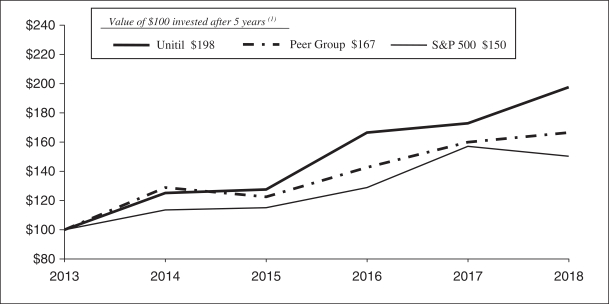The Company’s business is subject to environmental regulation in all jurisdictions in which it operates and its costs of compliance are significant. New, or changes to existing, environmental regulation, including those related to climate change or greenhouse gas emissions, and the incurrence of environmental liabilities could adversely affect the Company’s financial condition and results of operations.
The Company’s utility operations are generally subject to extensive federal, state and local environmental laws and regulations relating to air quality, water quality, waste management, natural resources, and the health and safety of the Company’s employees. The Company’s utility operations also may be subject to new and emerging federal, state and local legislative and regulatory initiatives related to climate change or greenhouse gas emissions including the U.S. Environmental Protection Agency’s mandatory greenhouse gas reporting rule. Failure to comply with these laws and regulations may result in the assessment of administrative, civil, and criminal penalties and other sanctions; imposition of remedial requirements; and issuance of injunctions to ensure future compliance. Liability under certain environmental laws and regulations is strict, joint and several in nature. Although the Company believes it is in material compliance with all applicable environmental and safety laws and regulations, we cannot assure you that the Company will not incur significant costs and liabilities in the future. Moreover, it is possible that other developments, such as increasingly stringent federal, state or local environmental laws and regulations, including those related to climate change or greenhouse gas emissions, could result in increased environmental compliance costs.
Catastrophic events could adversely affect the Company’s financial condition and results of operations.
The electric and natural gas utility industries are from time to time affected by catastrophic events, such as unusually severe weather and significant and widespread failures of plant and equipment. Other catastrophic occurrences, such as terrorist attacks on utility facilities, may occur in the future. Such events could inhibit the Company’s ability to deliver electric or natural gas to its customers for an extended period, which could affect customer satisfaction and adversely affect the Company’s financial condition and results of operations. If customers, legislators, or regulators develop a negative opinion of the Company, this could result in increased regulatory oversight and could affect the returns on equity that the Company is allowed to earn. Also, if the Company is unable to recover a significant amount of costs associated with catastrophic events in its rates, or if the Company’s recovery of such costs in its rates is significantly delayed, then the Company’s financial condition and results or operations may be adversely affected.
The Company’s operational and information systems on which it relies to conduct its business and serve customers could fail to function properly due to technological problems, a cyber-attack, acts of terrorism, severe weather, a solar event, an electromagnetic event, a natural disaster, the age and condition of information technology assets, human error, or other reasons, that could disrupt the Company’s operations and cause the Company to incur unanticipated losses and expense.
The operation of the Company’s extensive electricity and natural gas systems rely on evolving information technology systems and network infrastructures that are likely to become more complex as new technologies and systems are developed. The Company’s business is highly dependent on its ability to process and monitor, on a daily basis, a very large number of transactions, many of which are highly complex. The failure of these information systems and networks could significantly disrupt operations; result in outages and/or damages to the Company’s assets or operations or those of third parties on which it relies; and subject the Company to claims by customers or third parties, any of which could have a material effect on the Company’s financial condition, results of operations, and cash flows.
The Company’s information systems, including its financial information, operational systems, metering, and billing systems, require constant maintenance, modification, and updating, which can be costly and increases the risk of errors and malfunction. Any disruptions or deficiencies in existing information systems, or disruptions, delays or deficiencies in the modification or implementation of new information systems, could result in increased costs, the inability to track or collect revenues, the diversion of management’s and employees’ attention and resources, and could negatively impact the effectiveness of the Company’s control environment, and/or the Company’s ability to timely file required regulatory reports. Despite implementation of security and mitigation measures, all of the Company’s technology systems are
18
